First off I want to remind you that the New Year’s Sale is still going. Check Hand Balancing New Year’s Sale to see how you can save 20.08% off of everything. It ends Saturday so if you’re putting it off you better do it now before you forget.For today I’ll dig into the question bag and answer another one.
When I think of how handstands are done with flat palms, I think of how pushups are also done with flat palms. Similarly, both have been done on a bar (pronated grip) or on a set of parallel bars (neutral grip). I have seen variant pushups done with a reversed grip (supinated) and indeed, I think this is the position people take for doing planches. There are also pushups done on fists, on the back of the hand instead of the palm (wrists flexed instead of extended as usual) and on fingertips. While I did hear of some shaolin master doing a supported handstand (with wall) on two fingers, I have never seen these variations addressed in any guides. Are you familiar with anything like that, attempted any of the difficult variations, or have ideas about them?
-Tyciol
This is more than one question so I will break it apart.
Handstands can be done with a variety of grips. Of course you have the standard extended wrist position. But every other way you can move your hands is a way you can do handstands.
Parallel bars do add extra dimensions, and having something to grip can help you be stronger, but similar positions can be taken on the floor if you make your hands into fist.
The supinated grip, where your fingers are pointed back the opposite way of normal, makes a handstand much harder to do. Planches could be done like this, but more often you just turn them slightly out from the normal straightforward location.
Fingertip handstands is a big subject that I will cover in some more detail soon.
As far as do any of the books cover training for this stuff, the answer is absolutely.
In Hand Balancing Made Easy, Professor Orlick covers all of the various hand positions you can do in a handstand. In total I counted 35 exercises covering different positions for the fingers and hands.
When you master all these you can balance from just about any position. If you can do a normal handstand try turning your hands. Just a few attempts at doing a handstand with your hands backwards and you will understand the benefits. Great for flexibility too.
You can get this book alone at or as part of the Hand Balancing Mastery Course.And in The True Art and Science of Hand Balancing, Bob Jones brings you through the progressions he used to master his famous Thumb Stand.But don’t order any of these from the page itself. Get your discount at the Hand Balancing New Year’s Sale
. The sale ends on Saturday.Good Luck and Good Hand Balancing,
Logan Christopher
P.S. I dug up and old picture I had forgotten about of an interesting feat my friend and I performed. You’ll get to see it next time.
